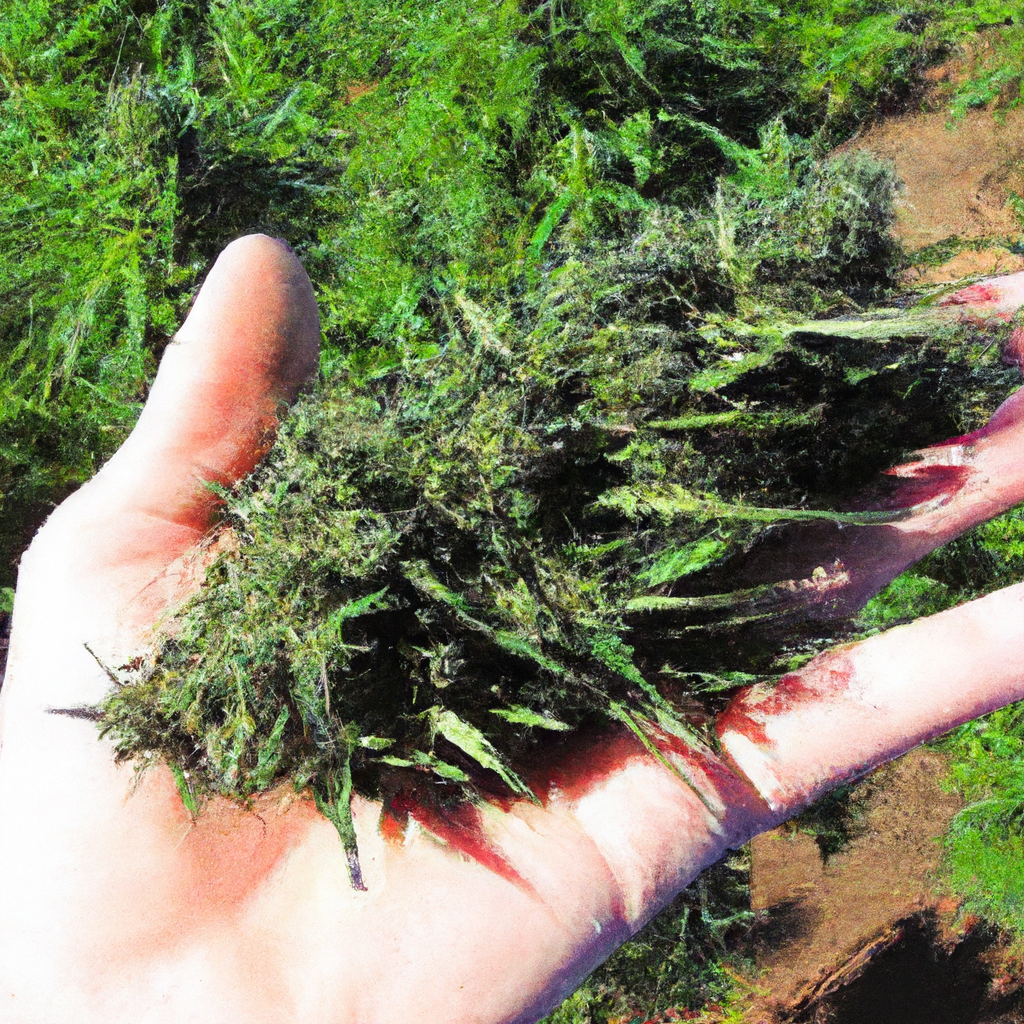Your cart is currently empty!
As the demand for sustainable agriculture continues to rise, organic cannabis cultivation presents itself as a promising option for environmentally conscious growers. Embracing organic methods not only enhances the quality and safety of the cannabis produced but also benefits the ecosystem. This article delves into the best practices for growing cannabis organically, focusing on natural fertilizers, composting, pest control, and building thriving soil ecosystems.
Building Healthy Soil Ecosystems
The foundation of successful organic cannabis cultivation lies in the health of the soil. A thriving soil ecosystem enhances nutrient cycling and promotes robust plant growth.
- Composting: Utilize compost to enrich soil with essential nutrients. Organic matter from kitchen scraps, yard waste, and other biodegradable materials breaks down to form humus, benefiting plant roots.
- Cover Crops: Planting cover crops like clover or alfalfa improves soil structure, fixes nitrogen, and suppresses weeds naturally.
- Mulching: Mulch helps retain soil moisture, regulates temperature, and suppresses weed growth while adding organic matter as it decomposes.
Natural Fertilizers for Optimum Growth
Cannabis plants thrive on nutrients, and using natural fertilizers is a sustainable approach to meet their needs without relying on synthetic chemicals.
- Fish Emulsion: Rich in nitrogen, this organic fertilizer promotes vegetative growth and is suitable for the early stages of cannabis cultivation.
- Bone Meal: A slow-release fertilizer high in phosphorus, bone meal is ideal for flowering stages, enhancing bud development.
- Worm Castings: As a natural soil conditioner, worm castings provide essential nutrients and improve soil aeration and water retention.
Effective Organic Pest Control
Managing pests is crucial in maintaining a healthy cannabis crop. Organic cultivation encourages biodiversity, reducing pest pressure naturally.
- Companion Planting: Grow companion plants like marigolds, basil, or dill around cannabis to deter pests with their aromatic properties.
- Beneficial Insects: Introducing natural predators such as ladybugs and predatory mites helps control pests like aphids and spider mites.
- Neem Oil: A versatile organic pesticide, neem oil disrupts the life cycle of pests while being safe for beneficial insects.
Promoting Sustainability in Cultivation
Opting for organic practices in cannabis cultivation promotes sustainability by minimizing environmental impact and enhancing consumer safety.
Organic methods reduce chemical runoff, conserve water through improved soil health, and maintain biodiversity, benefiting ecosystems. Additionally, these practices produce cannabis free from residual chemicals, appealing to consumers seeking cleaner, safer products.
Conclusion
Embracing organic cannabis cultivation is a step towards more sustainable agricultural practices. By building healthy soil ecosystems, using natural fertilizers, controlling pests organically, and prioritizing sustainability, growers can produce high-quality cannabis that benefits both consumers and the environment. Adopting these methods not only elevates the quality and yield of your crop but also contributes to a greener, cleaner future.
For growers and consumers alike, organic cannabis offers a pathway to contributing positively to the planet’s health and a high-quality, safe product.
Discover more from Magic Clones
Subscribe to get the latest posts sent to your email.


Leave a Reply